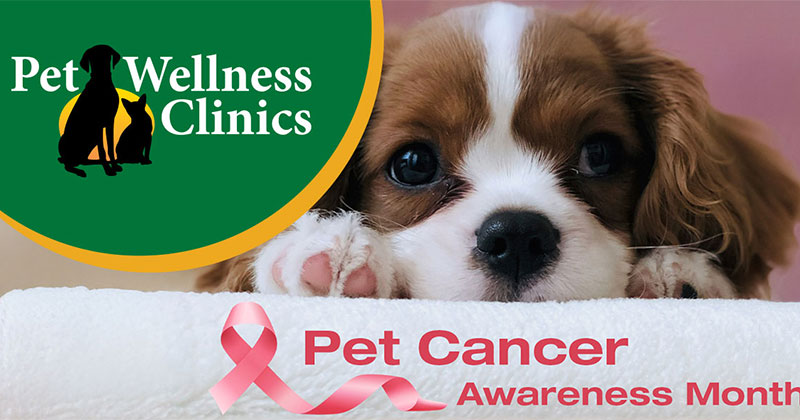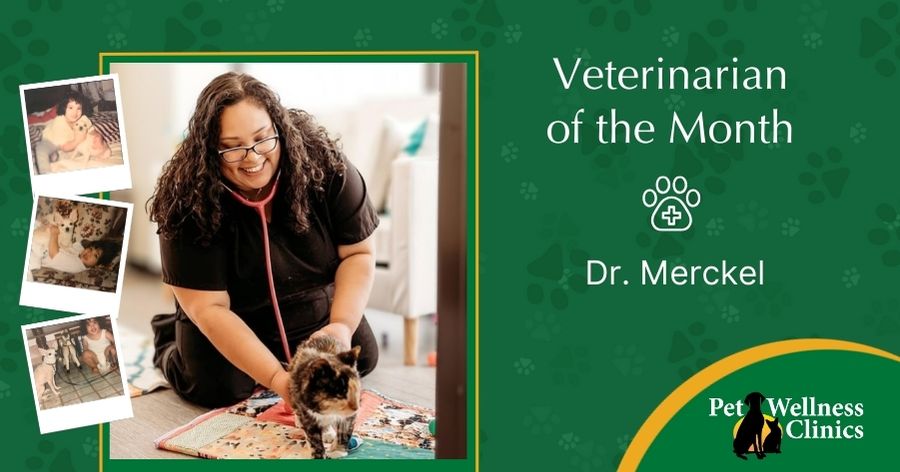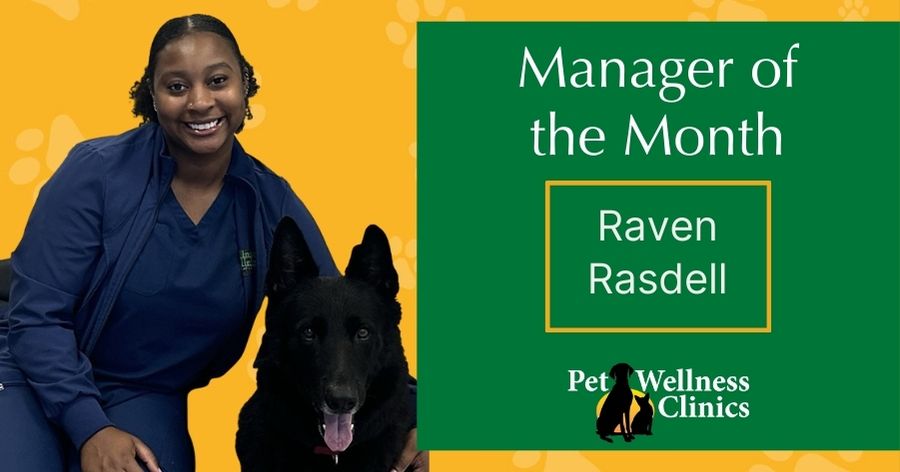
As we recognize Pet Cancer Awareness Month, we want to remind pet owners that 1 in 3 dogs and 1 in 5 cats will get cancer in their lifetime.
Early detection is vital in treating your furry friend and ensuring they can lead longer lives.
Here are some common warning signs of which to stay aware:
Cancer in pets is rarely identified with just one symptom. Most animals tend to display a combination of the signs above, and only thorough examination and testing by a professional veterinarian can lead to the most accurate diagnosis. This is why regular wellness exams are essential especially in our aging pets.
If your pet does receive a cancer diagnosis, here are some guidelines:
Keep calm and carry on: Dogs and cats can sense your emotional energy, and this isn’t just some spiritual power. They can pick up on changes in your scent that indicate stress. So, maintaining a peaceful, positive mood throughout their cancer journey will help them feel secure and relaxed.
Consult with experts: If possible, seek out a veterinarian who is board-certified in veterinary oncology. They will be up to date on the latest and greatest treatment options available.
Build a support group: Talk to people who have experience caring for pets with cancer. They can help you process your emotions and make the best decisions during this difficult journey (Pet Wellness Clinics can refer you to clients and support groups). Plus, talking to people with firsthand, real-life experience is so much more useful and comforting than looking to the internet, which often emphasizes worst-case scenarios and only creates further anxiety or provides inaccurate information.
Stay in close contact with the veterinary team: Cancer has its ups and downs, and all pets’ journeys are different. Maintaining open, transparent communication with your veterinarian and staff about your concerns, your pet’s reaction to treatment, and your goals for your pet’s quality of life will help all parties involved.
For more information or to schedule an exam at one of our clinics, please call us at 317-516-5921.


